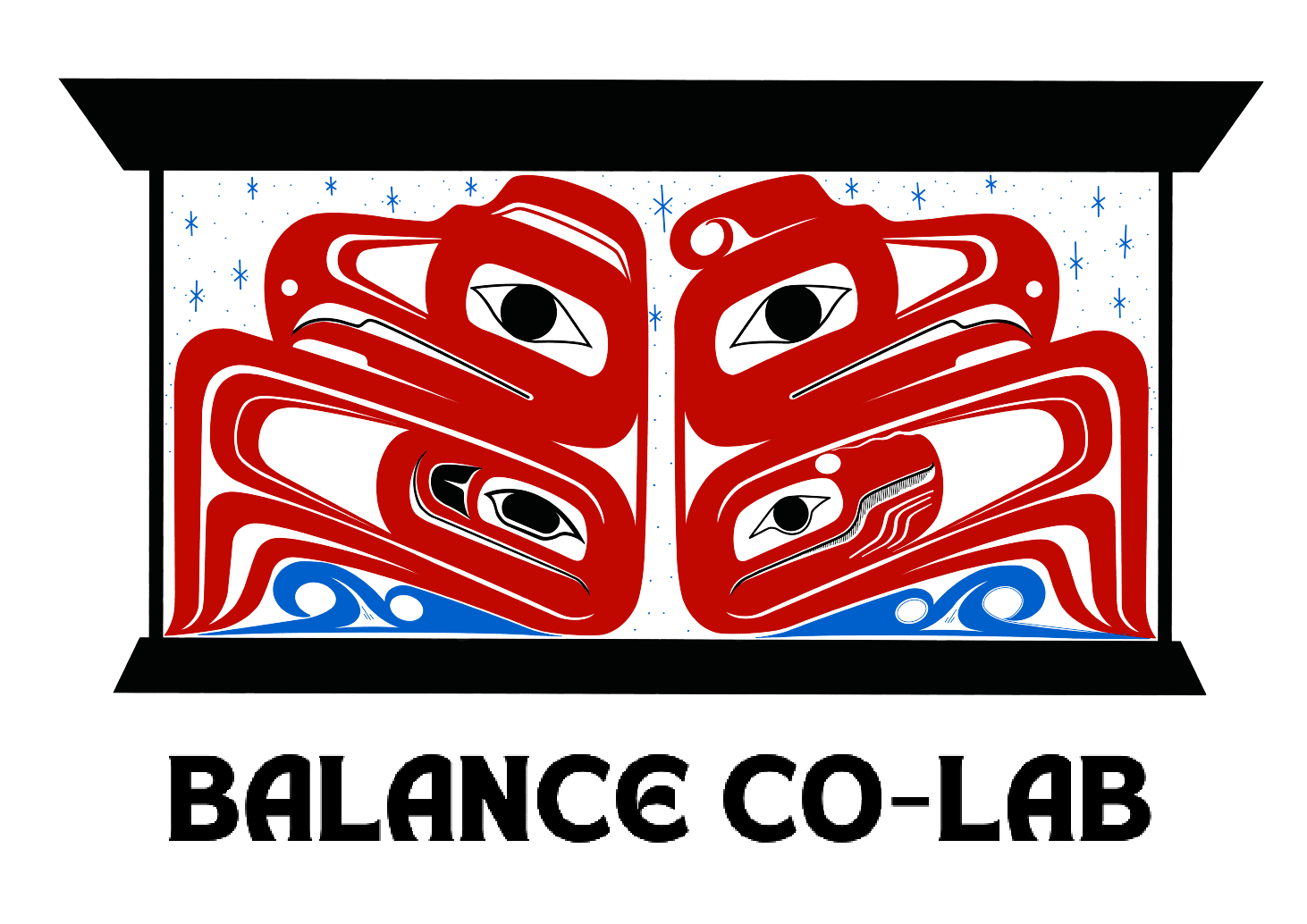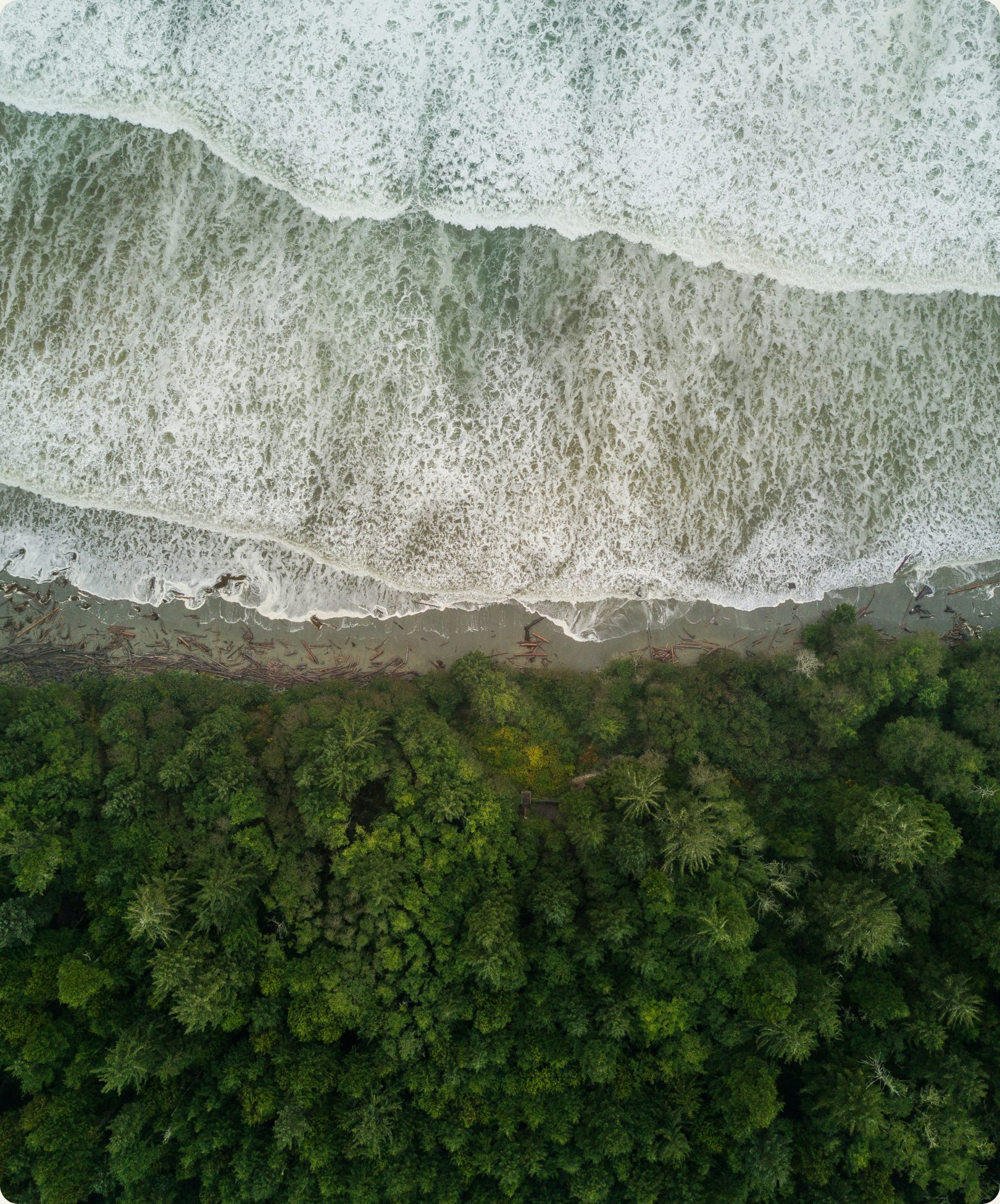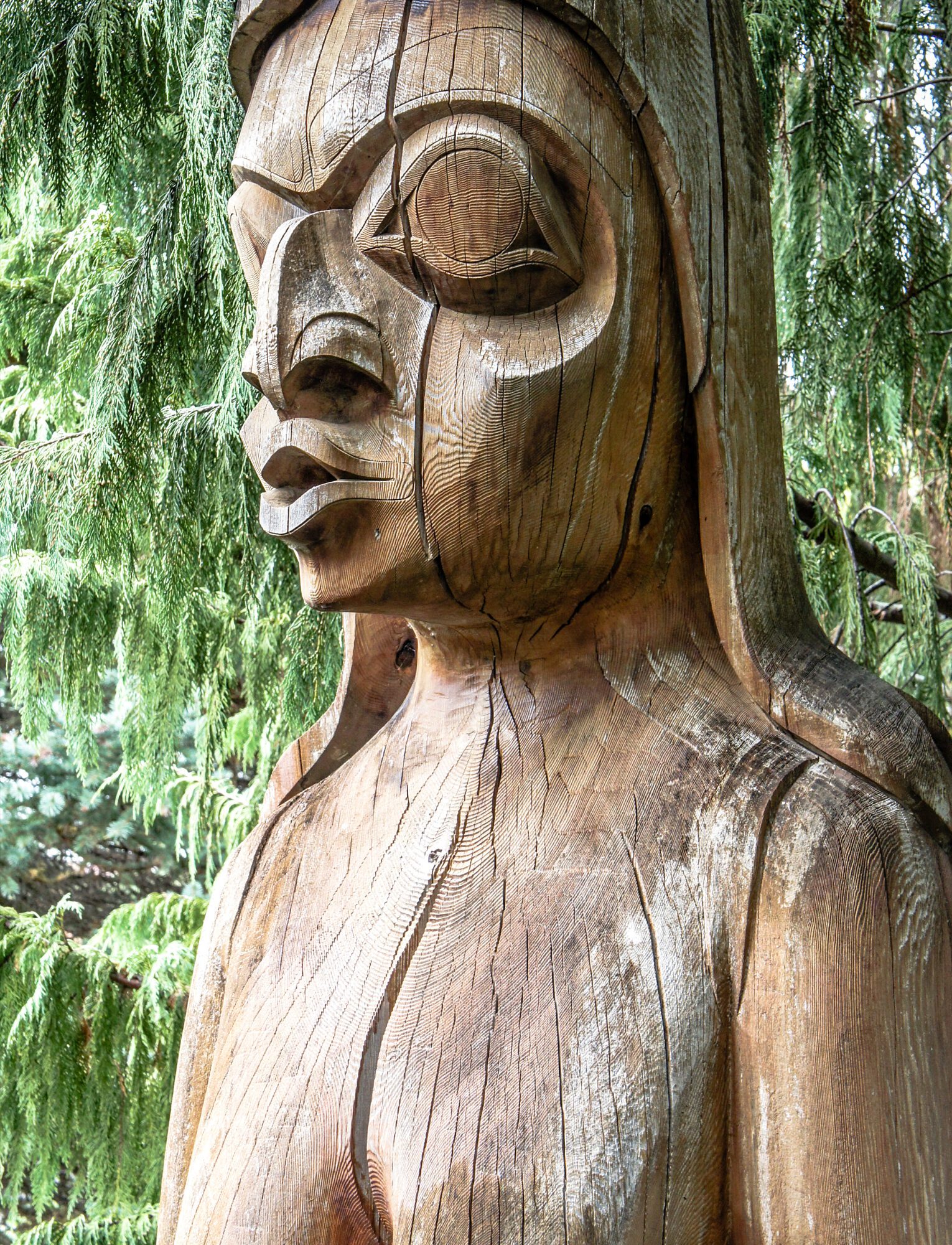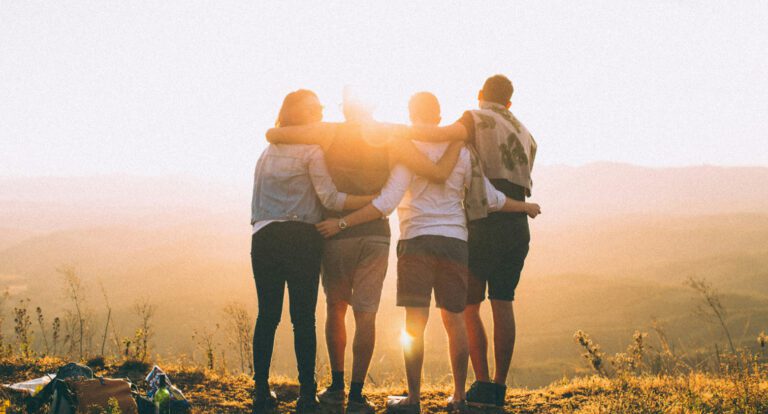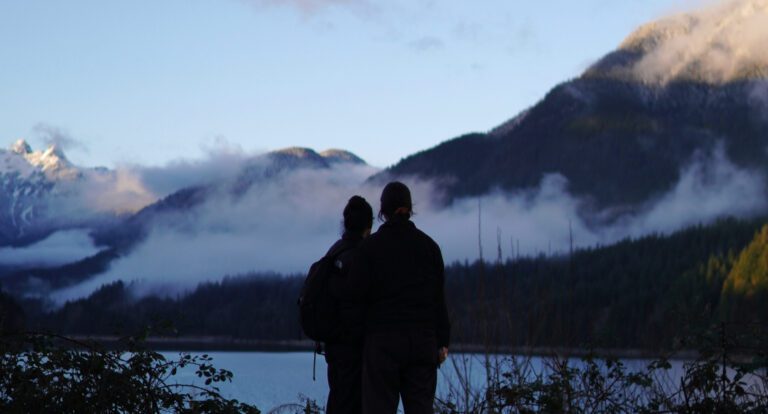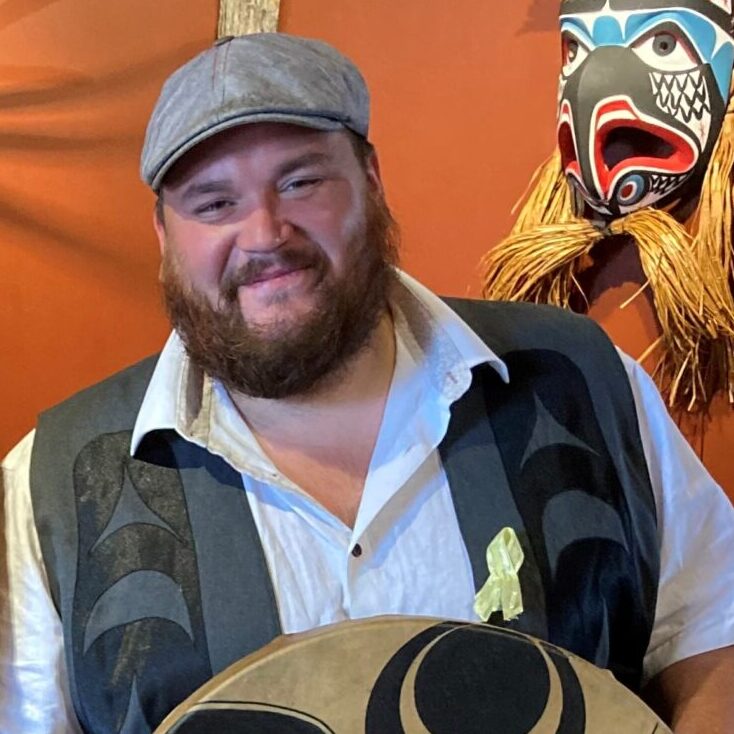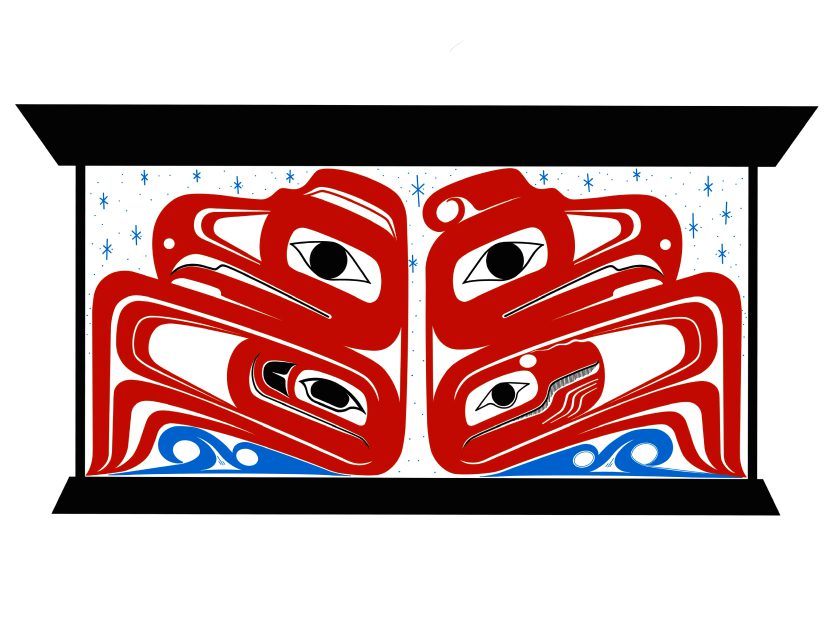Building on Indigenous Knowledge
Our work brings community- and university-based partners together to support decision-making and impact assessment informed by Indigenous knowledge and values.
Our partners include 8 Indigenous Nations/organizations and
24 university-based researchers across 5 universities and 13 research units.
~ Collaboration
~ Support
~ Systems
~ Training
Supporting
Self-Determination
The Balance Co-Lab’s Sustainability Assessment System (SAS) supports self-determination by integrating Indigenous values, knowledges, legal orders and indicators of cultural, community, environmental and economic well-being into an evaluation of community development opportunities and the assessment of cumulative impacts.
Indigenous partner organizations, scholars, trainees, Knowledge Keepers and community participants work together to identify community priorities and co-develop action plans for Project Teams to carry out the work.
Collaborating for
Impact
Our partners include 8 Indigenous Nations/organizations and 24 university-based researchers across 5 universities and 13 research units in Canada, Colombia and Aotearoa (New Zealand).
Community PartnersShared Purpose in
Our Work
Our transdisciplinary team includes researchers from University of Victoria, University of British Columbia, Simon Fraser University, and international partners in Aotearoa (New Zealand) and Colombia.
Meet the TeamLogo Artist
Tlehpik Hjalmer Wenstob was raised on Tzartus Island in Barkley Sound, off the west coast of Vancouver Island. It was there that his understanding and desire of pursuing both his traditional and contemporary art practices began. He is an interdisciplinary artist who specializes in sculpture and carving.
Hjalmer is from the Tla-o-qui-aht First Nations on his father’s side, and Norwegian and English on his mother’s side. Recently, Hjalmer and his family opened Cedar House Gallery in Ucluelet, B.C.
Tell us more about your community and your needs
Provide as much detail as you can, and a Balance Co-Lab team member will contact you to find out more about how we can support your community’s goals.
Get in Touch